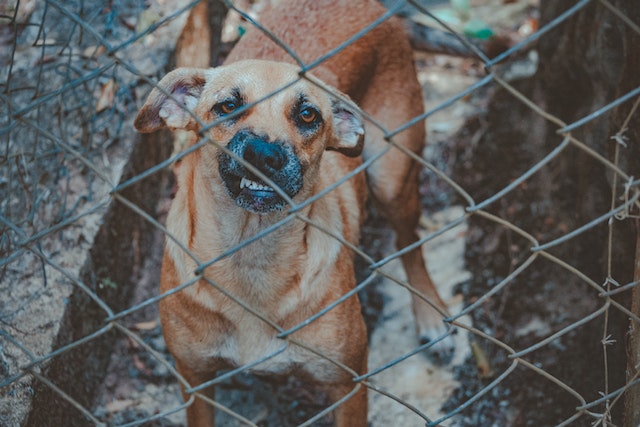Kennel cough is a condition involving respiratory symptoms among canines or dogs. Kennel cough is caused by either bacterial or viral infection of the dogs’ respiratory tract, leading to inflammation and the production of secretions in the lungs. The most common causative microorganisms of kennel cough are canine respiratory coronavirus, Orthomyxoviridae, canine adenovirus, canine distemper, parainfluenza, and bacterial Bordetella bronchiseptica.
Kennel cough is transmitted through droplet or airborne route. Dogs staying at kennels or those with contact with infected canines are more at risk of developing kennel cough. Kennel cough is very contagious among dogs; however, it is never transmitted to humans. The course of the condition is similar to influenza, which occurs in humans. It also tends to be only a moderate disease among dogs. Other animals like cats, birds, and rabbits may also have a similar disease.
Kennel coughing is usually not a standalone disease; it is a symptom of other dog infections, such as parasitism, heart conditions, pneumonia, periodontal diseases, allergies, and heartworm.
Symptoms of Kennel Cough
Kennel’s cough symptoms include the following:
- Coughing – Coughing is the primary manifestation of kennel cough. Dogs usually cough to remove the microorganism from the airways. A harsh, dry, hacking cough usually characterizes the cough. These characteristics sometimes cause the trachea of the dogs to be damaged.
- Vomiting – Dogs also tend to vomit, especially when they experience severe coughing. Dogs usually throw up all their food and lose their appetite for several days.
- Sneezing is also the dogs’ mechanism to eradicate viruses and bacteria that have invaded the respiratory tract.
- Gagging – Dogs are also observed to gag now and then. Severe gagging usually triggers vomiting.
- Snorting – Snorting is also a kennel cough symptom. Snorting is manifested by assuming a sniffing position all the time.
Kennel cough symptoms usually appear for one to two weeks, but some may have a longer duration of up to 4 weeks. The presence of prolonged coughing is a sign of more serious conditions that require the intervention of a veterinarian.
Treatment of Kennel Cough
Kennel cough treatment is usually made to eradicate the causative microorganism and provide symptoms treatment for the condition. Common management for dogs includes:
-
Antibiotic therapy
Antibiotics are the most common treatment for kennel cough caused by bacteria. The dosage of the antibiotics is usually based on the dog’s age, weight, and severity of symptoms. Kennel cough treatment usually involves oral tablets for adults and syrup for puppies.
-
Mucolytic and expectorants
Like humans, these medications are also given to help the dog expectorate the secretions. Dogs usually vomit the secretions, and the vomitus may appear mucoid, for that matter.
Remedies for kennel cough include giving the dog honey, chicken soup, Echinacea, Garlic pills, or humidifiers.
Kennel cough is highly preventable, and dogs must receive vaccinations against the disease.
